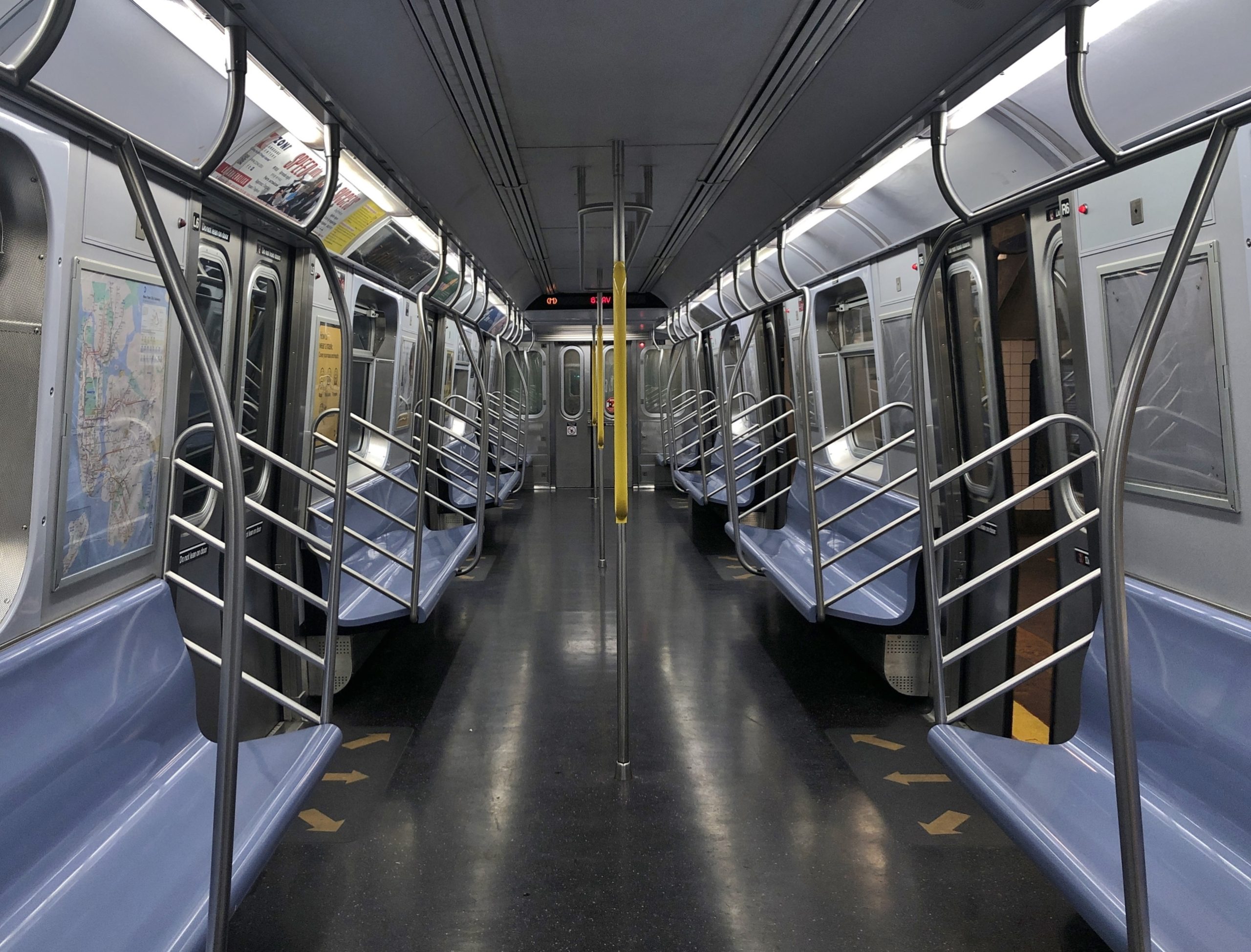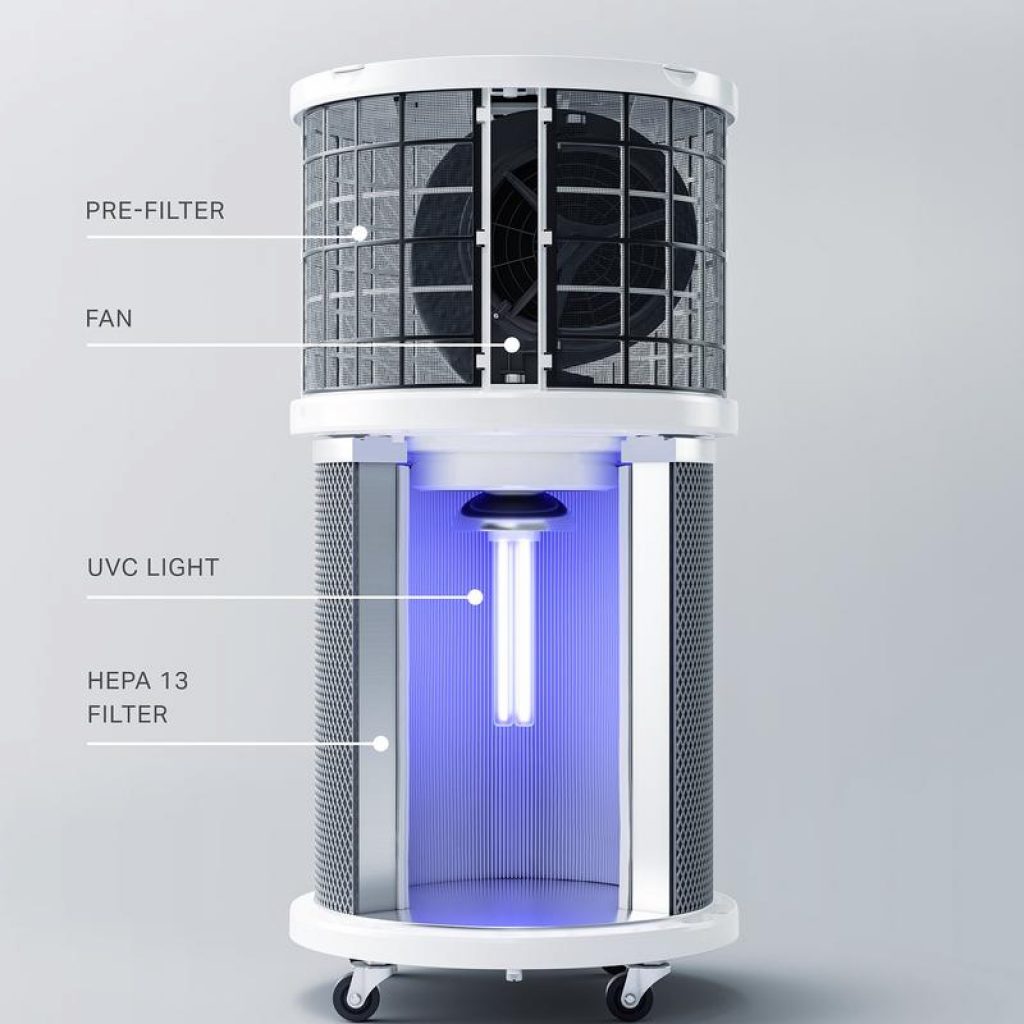Rensair Offers Rail Systems Hospital-grade Air Purification

The COVID-19 crisis is posing serious challenges to the railway industry. By design, the nature of rail excursions puts travellers in poorly ventilated, confined spaces, which contributes to airborne transmission of the virus.
Regarding the rail sector and coronavirus mitigation, Dr. A. Smyth, programme manager at the Royal Academy of Engineering says, “Good ventilation with a high provision of fresh air, and deployment of air cleaning technologies where this is not possible, help reduce the risk of airborne transmission.”
The Rensair patented technology offers rail systems hospital-grade air purification. Rensair, designed by the Danish ventilation engineer Henrik Hendriksen, is a supplier to the UK NHS (National Health Service) and trusted by Scandinavian hospitals for more than a decade.
The compact and portable Rensair units use the most advanced purification technologies, including HEPA13 filters and ozone-free UVC light. Rensair’s unique composition of the technology makes all the difference. The position of the UVC light directed on the filter surface puts trapped pollutants under constant exposure. This exposure breaks down the DNA and RNA, destroying all trapped pollutants.

Rensair captures and inactivates more than 99.97% of airborne viruses, bacteria and other airborne pollutants, including coronavirus. Independent laboratories such as Eurofins, Norconsult and Oslo University Hospital document its success. The unit’s large air processing capacity (560m³/hour), no installation requirements, minimal maintenance, low noise levels, and air quality sensor make the unit ideal for the rail industry. Find out more about Rensair’s unique technology.
In light of COVID-19, Rensair’s proprietary technology is now available to the rail sector and other businesses around the globe.
Interested in Rensair hospital-grade air purification?
